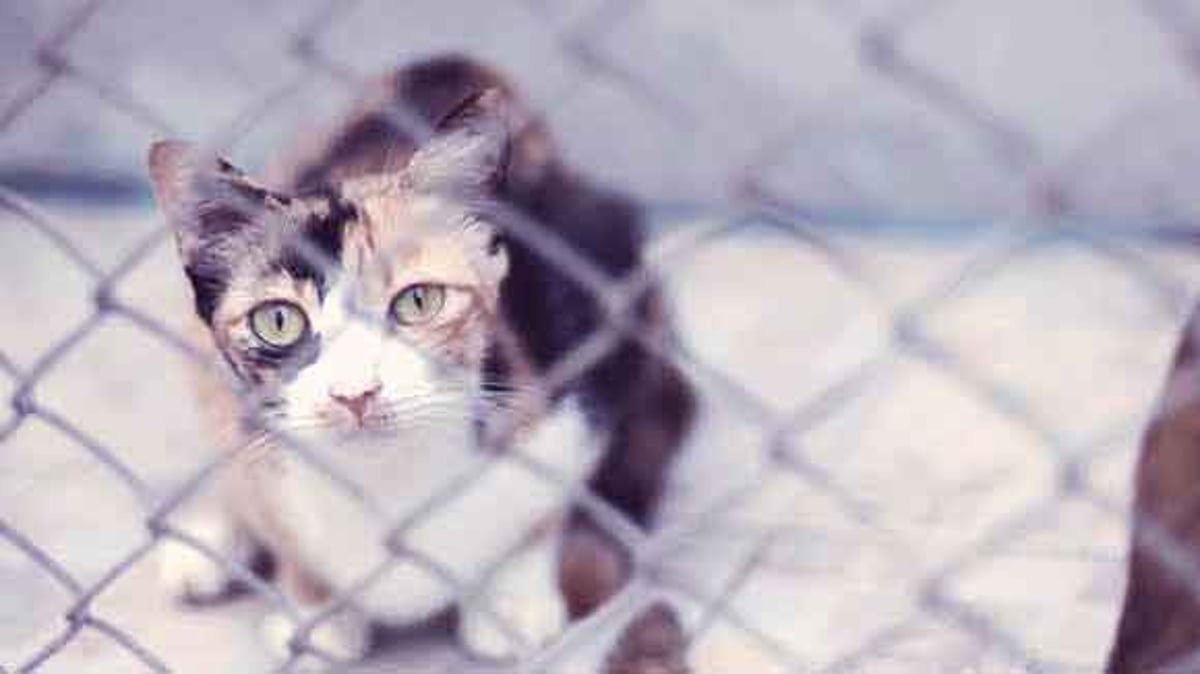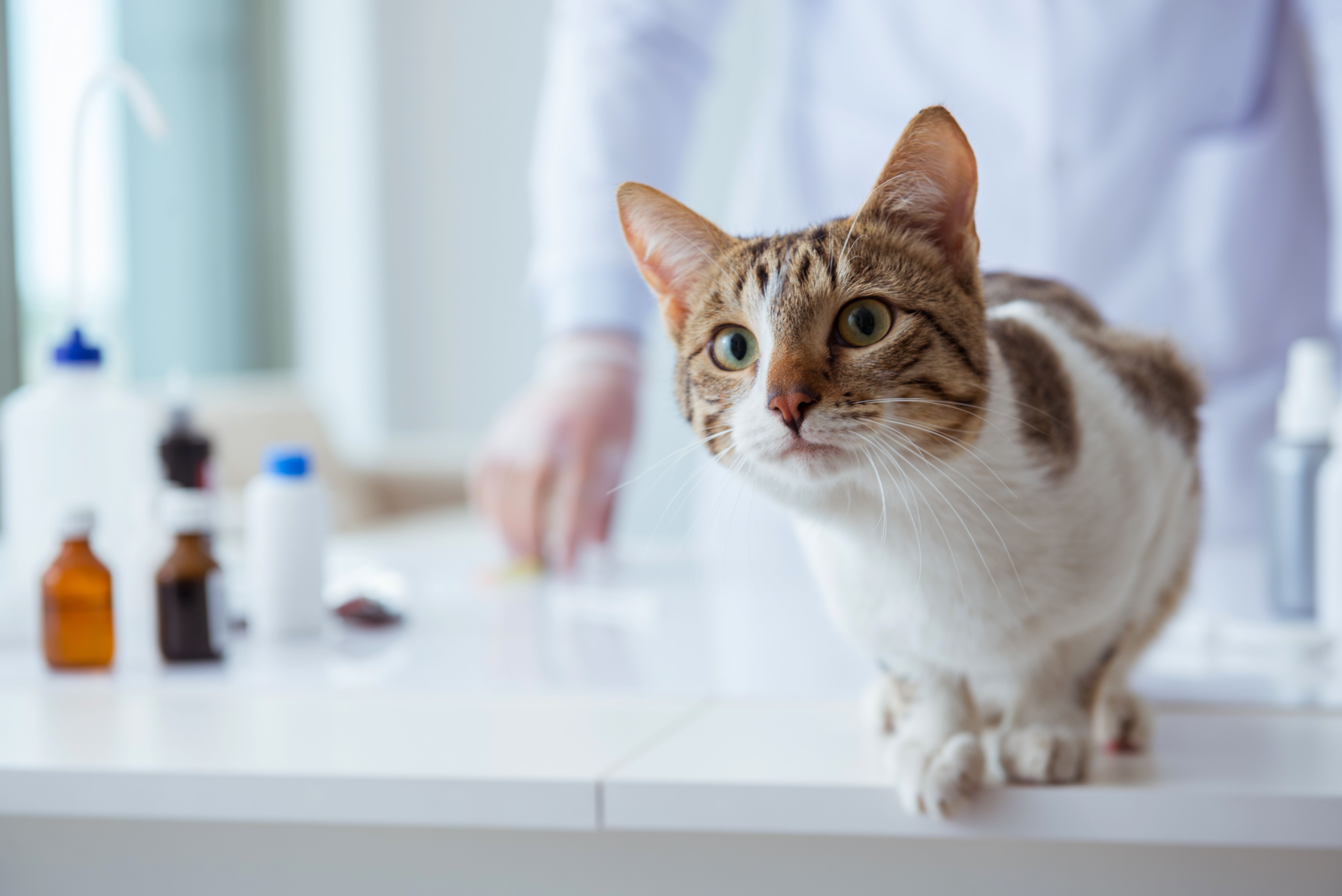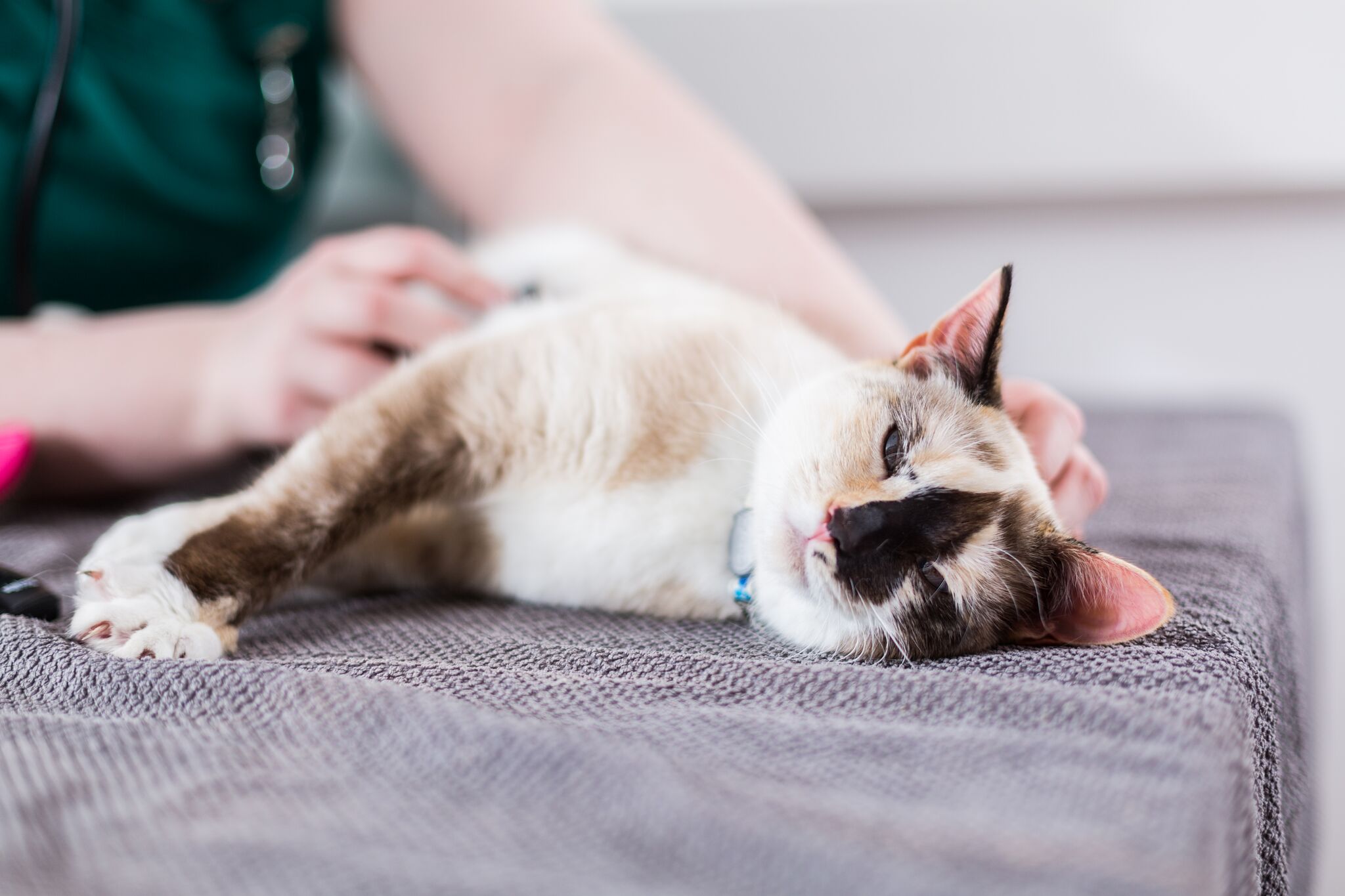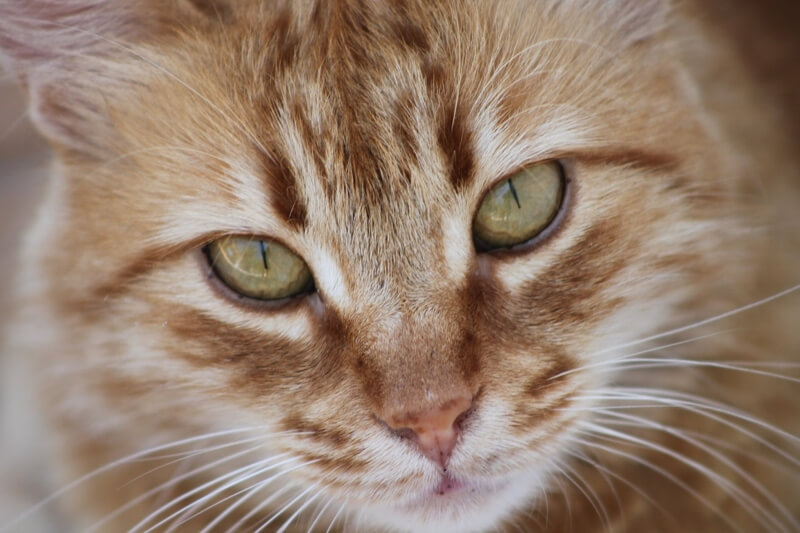alimentary lymphoma in cats and dogs
The majority of them are adenocarcinomas in dogs and alimentary lymphomas in cats usually in the form of intestinal infiltrations. This cancer usually arises in lymph tissues such as lymph nodes spleen liver and bone marrow.

Curcumin For Dogs Cats What Are The Benefits Anti Inflammatory For Dogs Natural Anti Inflammatory Curcumin
Disease present mostly in the peripheral lymph nodes which can be felt as enlarged lumps in the neck in front of the shoulder blades and behind the knees is much less common in cats than in dogs.

. Alimentary lymphoma is the second most common type of lymphoma and it affects the dogs gastrointestinal tract. Given that LGAL shares common clinical. Mediastinal Lymphoma This type of lymphoma grows in your cats chest usually between their lungs.
Low-grade alimentary lymphoma LGAL is characterised by the infiltration of neoplastic T-lymphocytes typically in the small intestine. The median or average age of the cats with alimentary lymphomas is around 10 years old and they are mostly FeLV negative. Alimentary lymphoma in cats and dogs Abstract Gastrointestinal GI lymphoma should be suspected in animals with an acute or prolonged history of signs of disease related to the GI tract.
This type of dog and cat lymphoma often causes weight loss lethargy loss of appetite vomiting and diarrhea. In the cat it. The incidence of LGAL has increased over the last ten years and it is now the most frequent digestive neoplasia in cats and comprises 60 to 75 of gastrointestinal lymphoma cases.
It is common for dogs with lymphoma to have lymph nodes 3-to-10 times their normal size. 5-7 These values indicate that similar to other diagnostic tests PARR testing results must be interpreted in light of other clinical data. In dogs the sensitivity of this test is between 75 and 85 with a specificity of 92 to 94.
Alimentary lymphoma in cats and dogs. However it can arise in almost any tissue in the body. Lymphoma in cats is now most commonly seen in the intestines.
Share sensitive information only on official secure websites. It can be interpreted that small cell lymphocytic alimentary lymphoma is seen rarely in younger cats and seldom exceeds itself from gastrointestinal tract compared to large-cell lymphoma. 1 low-grade alimentary lymphoma LGAL 2 intermediate-or.
Up to 10 cash back Lymphosarcoma also known as lymphoma is a malignant cancer that frequently occurs in cats and dogs. Alimentary lymphoma in dogs causes vomiting diarrhea decreased appetite and weight loss. According to the American Kennel Club AKC it accounts for 10 of all canine lymphomas.
Alimentary lymphomas include a gastrointestinal GI form a mesentery lymph node form and a hepatic form. The average age is. Alimentary lymphoma in cats and dogs oleh admin 26 nov 2021 from history and biological anatomy to their behavioral patterns theres a lot to know about cats.
These swellings are not painful and feel like a firm rubbery lump that moves freely beneath the skin. In cats a sensitivity of 60 to 78 has been reported. In the current study of the cats with a cytological diagnosis of tumour lymphoma was the most frequent n 34 75.
It is characterized by an infiltration of the gastrointestinal tract andor associated lymph nodes with neoplastic cancerous lymphocytes. Males have a higher predilection compared to females. Intestinal lymphomas usually cause poor eating weight loss diarrhea and vomiting.
Interestingly in the group of cats with benign splenic infiltrate four had a definitive diagnosis of neoplasia alimentary lymphoma in two cats renal lymphoma in one cat and caecal carcinoma in one cat. There are a few papers reporting association of feline immunodeficiency virus FIV infection and feline lymphomas. Large cell lymphoma in cats is far more aggressive and has a poorer prognosis.
You may notice your dog drinking more water and then correspondingly urinating. Small cell lymphoma is a slow-growing cancer-causing gut thickening whilst large cell lymphoma creates hard tumours in your cats guts andor stomach. PDF View 1 excerpt cites background Clinical Ultrasonographic and Histopathological Findings of Gastrointestinal Disorders in Cats.
In alimentary lymphoma the clinical signs are those of vomiting diarrhea weight loss polyuriapolydipsia anorexia lethargy and malabsorption impaired absorption by the intestines of nutrients from food. The most common anatomical form of lymphoma in cats is alimentary lymphoma AL. In alimentary lymphoma the clinical signs.
Lymphoma is less common in dogs than in cats. Based on the results of histopathology and immunohistopathology most feline AL can be classified as one of the following three types. Lymphoma is one of the most common cancers diagnosed in dogs and cats.
For middle aged and older cats the more common form of lymphoma is alimentary occurring in their stomach. Low-grade alimentary lymphoma LGAL is characterised by the infiltration of neoplastic T-lymphocytes typically in the small intestine. Systemic staging tests complete blood countchemistryurinalysisthyroxin levelsthoracic radiographs are used to identify concurrent disease.
A locked padlock or https means youve safely connected to the gov website. Lymphoma is classified according to where it is located within the pets body as well as by high grade or low grade. In contrast to lymphoma in dogs which is commonly the multicentric nodal form lymphoma in.
Lymphoma can be present in many parts of the cats body as the lymphatic system is spread throughout many organs. Furthermore alimentary lymphoma al represents only 7 of all canine lymphoma gieger 2011. Primary gastrointestinal lymphoma in dogs occurs over a wide range of ages and breeds.
Unlike intermediate- and high-grade alimentary lymphoma IHGAL and large granular lymphocyte lymphoma LGLL which can often be diagnosed by aspiration cytology full-thickness intestinal biopsies are usually required for the diagnosis of low-grade alimentary lymphoma LGAL. The incidence of LGAL has increased over the last ten years and it is now the most frequent digestive neoplasia in cats and comprises 60 to 75 of gastrointestinal lymphoma cases.

Pin On Wild Plum Valley Farm Ideas

What You Need To Know About Feline Intestinal Lymphoma Vlog 98 Youtube

Ask Ariel Pet Nutrition Experts The Best Holistic Pet Supplements Holistic Pet Pets Animal Nutrition

Cancer Lymphoma In Dogs And Cats

How To Get Rid Of Tear Stains Tear Stains Holistic Pet Pets

Inspirujaca Grafika W We Heart It Cats Animals Inspirational Pictures

Feline Lymphoma Diagnosis And Treatment

Blog Referral Vets In Leeds Swift Referrals

Senecio Mandraliscae Tree Photoshop Landscape Architecture Graphics Photoshop Rendering

Lymphoma In Cats Great Pet Care

Vet Talks Gastrointestinal Lymphoma In Cats Gastrointestinal Cat Supplements Cat Health

Lymphoma In Cats Cat Guides Feline Hyperthyroidism Cats Feline

I Think My Cat Is Trying To Tell Me Something Cat Kitty Kat Catfood Samier Catstagram Catsofinstagram Catmom Cato Sick Cat Cat Day Cat Food

Feline Intestinal Lymphoma Fairview Animal Hospital

Dog Cat Cats Natural Alternative

Causes And Risks Of Cat Lymphoma And Leukemia Vlog 97 Youtube

